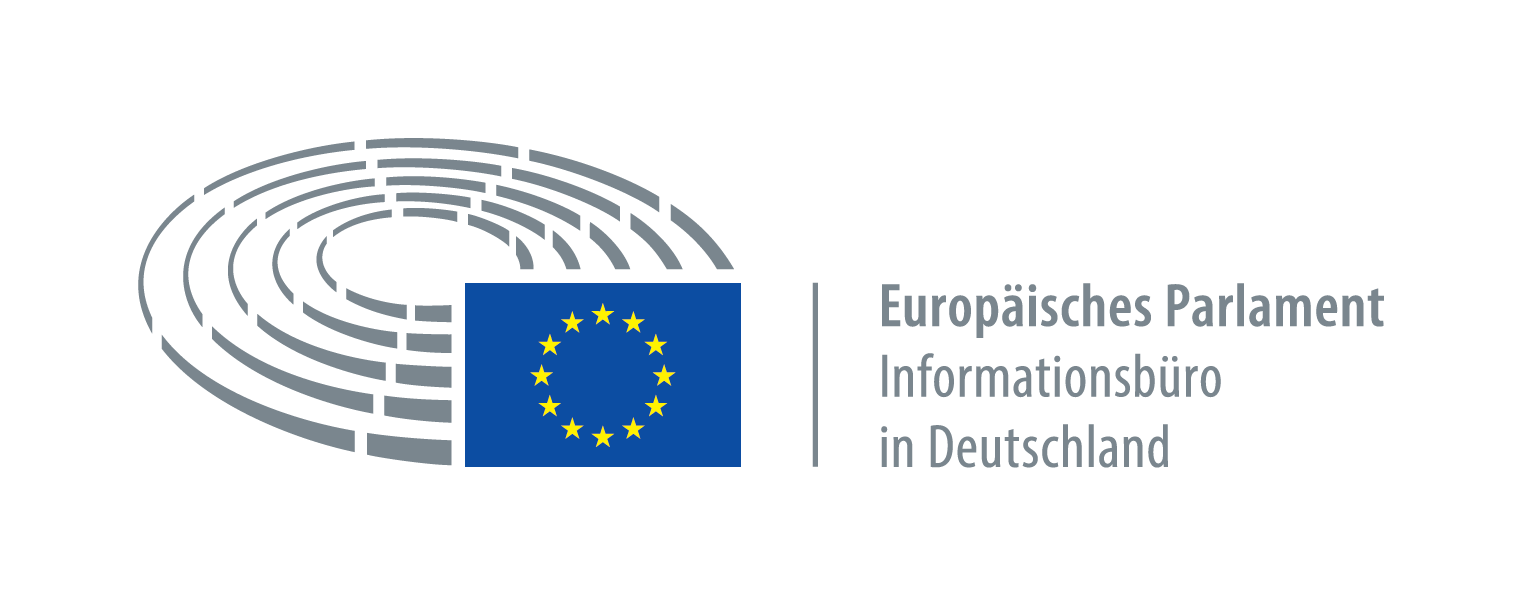IEP Lunch Debate with Sabine Lautenschläger, European Central Bank

The IEP Public Lunch Debate on the topic „Stability and growth in the Eurozone – who plays the main role?“ was conducted with Sabine Lautenschläger, Member of Executive Board of the European Central Bank and Vice-Chair of the Supervisory Board of the ECB, at the Representation of the European Commission in Berlin on 30 June 2017. Richard Nikolaus Kühnel, Representative of the European Commission in Germany, gave a welcoming speech. The event was moderated by Prof. Dr. Mathias Jopp, Director of the Institüt für Europäische Politik (IEP).
Sabine Lautenschläger traced the history of the Eurozone, and went into the role that the European Central Bank (ECB) has played since the financial and sovereign debt crisis. The role of the ECB, given its mandate, should be limited only to securing price stability, and, as such, to hold inflation to roughly two percent. Because of the weak economic climate and low inflation, the ECB is also compelled to follow a very lenient monetary policy, according to Lautenschläger. This includes using unconventional instruments such as bond purchases. While Lautenschläger is indeed critical of some of these instruments, she nevertheless considers the overall monetary policy course pursued to be essentially correct.
The present sustained economic recovery of the Eurozone allows for optimism, yet inflation has not yet returned to a stable trend. Once the goal of normalized price stability is achieved, monetary policy must then also return to its normal course. As such, we should prepare for a normalized monetary policy in the near future, and should appropriately react to such adjustments as they come.
The role of the ECB is indeed an important one; however, with regard to growth and welfare in the Eurozone, politics must play the decisive role. To this end Lautenschläger invests responsibility both in the parliaments and governments of the 19 Eurozone countries and in the European institutions in Brussels, as only through them can the necessary reforms be pushed through in a democratically legitimate manner.
The heterogeneity of the European Union enriches this process in various regards, yet that heterogeneity can also, due to the differing productivity and resilience of the various Member State economies, become a problem. When one Eurozone country encounters an economic crisis, it becomes a concern and threat to all Eurozone countries. Thusly, the first step should be to prevent crises. To do this, Eurozone Member States must strengthen their productivity and resilience. First and foremost, they must make their economies more sustainable and more competitive through structural reforms. To this end, a more flexible labor market combined with a good education system, a functioning banking system and solid state finances that follow and carry out the regulations of the Stability and Growth Pact are necessary.
Yet where, despite such efforts, risks continue to be a threat, they must be reduced and efficiently shared. In the case of the most recent crisis, this should be carried out with respect to the public sector, and thus the taxpayers. Here Lautenschläger advocated for a European finance minister with enforcement and veto powers vis-à-vis national budgets. This finance minister could make sure that the spending of European taxpayer contributions confronts scrutiny and supervision at the European level. This finance minister would also be an anchoring point for a deeper Economic Union.
It would be better, however, to spread risks across the market. To this end, market players must also be in the position to carry the risks of their investments. With regards to banks, for example, it is important that state debt, which until now was essentially risk-free, and did not need to be supported with equity, is, in the future, supported with an amount of equity commensurate to the amount of risk entailed. The appropriate principle here is: the higher the risk, and the more debt a bank holds, the more equity it should also require. In following that principle, banks would have a larger cushion to offset possible losses.
If risks are more freely and voluntarily shared across the market, then taxpayers will not need to carry as much of the burden in future crises. A European Capital Markets Union would offer the possibility to spread these risks over borders as well. Primarily, a Capital Markets Union would promote growth, since businesses would not be dependent for their financing on their respective domestic banks anymore, and savers would have more opportunities for investment. To be sure, constructing a Capital Markets Union would be a fairly long-term undertaking, since capital markets are very complex and multifaceted. Nonetheless, the realization of a Capital Markets Union, according to Lautenschläger, is a project of the utmost importance that, not least because of Brexit, has won increased significance.
Europe is not only a story of risks, however; rather, it is also a source of chances, growth and welfare. The goal must ultimately be stability and welfare for all citizens of the Eurozone. To achieve that, only a united Europe can serve as a suitable foundation.
The full text of Sabine Lautenschläger’s speech is available on the website of the European Central Bank in German and English.
Author: Joshua Schlupkothen












